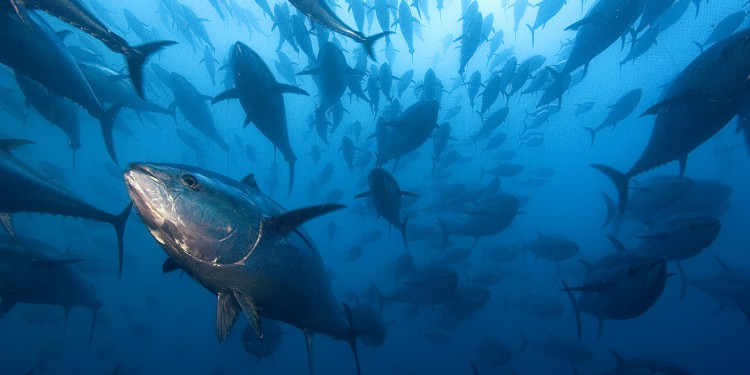IOTC results are warmly welcomed by the EU
The 19th meeting of the IOTC was held in Busan, Korea, from 24 April to 1 May 2015. The IOTC adopted six EU proposals (stand alone or co-sponsored), including improved reporting requirements, a reinsertion of the expired IOTC capacity management framework and a conservation measure on billfish with clear indications of depletion or overfishing (striped marlin, black marlin and blue marlin).
As a major new step, the IOTC also adopted a new resolution on target and limit reference points for scientific assessment of fish stocks, and also first steps towards long-term management of key fisheries in the region. . This resolution was presented jointly by the EU, Maldives and Australia and it represents a major step towards modern ecosystem-based management in the Indian Ocean.
Furthermore, a working group was set up to assess the impact of Fishing Aggregating Devices (FADs) used in large-scale fishing. The working group will work in close contact with a similar working group established by ICCAT, and will address various issues relating to the FADs, such as evaluating and monitoring their use and mitigating possible negative effects on the target species and ecosystems. The working group will also address the regulation of deployment limits of FADs. As a precautionary measure, the IOTC also agreed on an interim limit of 550 active drifting FADs per purse seiner. This limit will entail real reductions in terms of numbers for European fleet segments active in FAD fishing and will temper the rapidly increasing use of these FADs, while avoiding serious economic and social disruptions to the concerned fleets and ensuring a stable supply of fish to the cannery industry in the Indian Ocean. The close cooperation between the EU, Mauritius and Seychelles was essential to the success of this proposal.
For the long term development of the IOTC, data reporting and compliance remain serious obstacles. The annual compliance review showed again limited progress in compliance and the lack of data presents a serious impediment to conservation measures. In particular, low compliance with mandatory catch statistics reporting, shark reporting and the observer scheme were observed. A sustainable management of tuna stocks with modern management procedures requires that all parties respect the same rules and fulfil their obligations.
The EU congratulates Dr Ahmed Al-Mazroui (Oman) on his election as the new Chairman of the IOTC and Dr. Rondolph Payet on his reappointment as the Executive Secretary.
The EU is pleased to host the IOTC at La Reunion next year.
Source: European Commission, Directorate General for Maritime Affairs and Fisheries
Photo credit: Indian Ocean Tuna Commission (IOTC)



